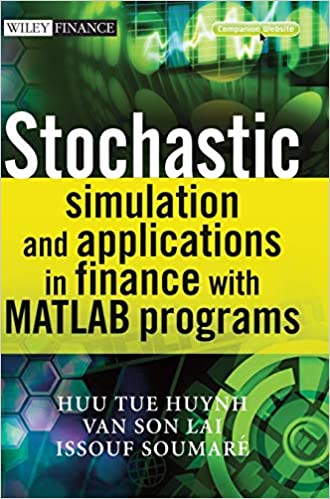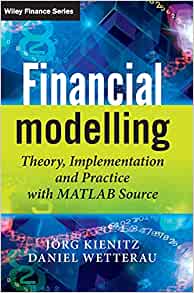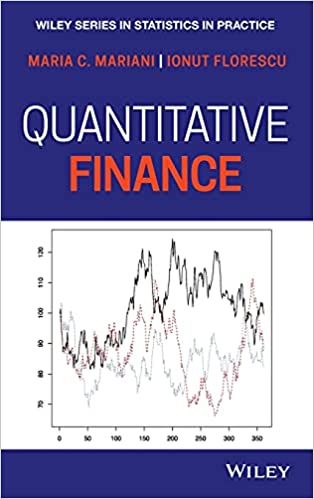A jump process is a type of stochastic process that has discrete movements, called jumps, with random arrival times, rather than continuous movement, typically modelled as a simple or compound Poisson process.[1]
In finance, various stochastic models are used to model the price movements of financial instruments; for example the Black–Scholes model for pricing options assumes that the underlying instrument follows a traditional diffusion process, with continuous, random movements at all scales, no matter how small. John Carrington Cox and Stephen Ross[2]: 145–166 proposed that prices actually follow a 'jump process'.
Robert C. Merton extended this approach to a hybrid model known as jump diffusion, which states that the prices have large jumps interspersed with small continuous movements.[3]
See also
- Poisson process, an example of a jump process
- Continuous-time Markov chain (CTMC), an example of a jump process and a generalization of the Poisson process
- Counting process, an example of a jump process and a generalization of the Poisson process in a different direction than that of CTMCs
- Interacting particle system, an example of a jump process
- Kolmogorov equations (continuous-time Markov chains)
References
- ^ Tankov, P. (2003). Financial modelling with jump processes (Vol. 2). CRC press.
- ^ Cox, J. C.; Ross, S. A. (1976). "The valuation of options for alternative stochastic processes". Journal of Financial Economics. 3 (1–2): 145–166. CiteSeerX 10.1.1.540.5486. doi:10.1016/0304-405X(76)90023-4.
- ^ Merton, R. C. (1976). "Option pricing when underlying stock returns are discontinuous". Journal of Financial Economics. 3 (1–2): 125–144. CiteSeerX 10.1.1.588.7328. doi:10.1016/0304-405X(76)90022-2. hdl:1721.1/1899.

Stochastic Simulation and Applications in Finance with MATLAB Programs:
Huu Tue Huynh, Van Son Lai, Issouf Soumare -
Stochastic Simulation and Applications in Finance with MATLAB Programs explains the fundamentals of Monte Carlo simulation techniques, their use in the numerical resolution of stochastic differential equations and their current applications in finance.

Financial Modelling: Theory, Implementation and Practice with MATLAB Source:
Daniel Wetterau - Jörg Kienitz
A unique contribution to the application of quantitative techniques to financial problems and programming using Matlab.

Quantitative Finance (Statistics in Practice):
Maria C. Mariani and Ionut Florescu -
This book presents quantitative finance theory through applications to specific practical problems and comes with accompanying coding techniques in R and MATLAB.

